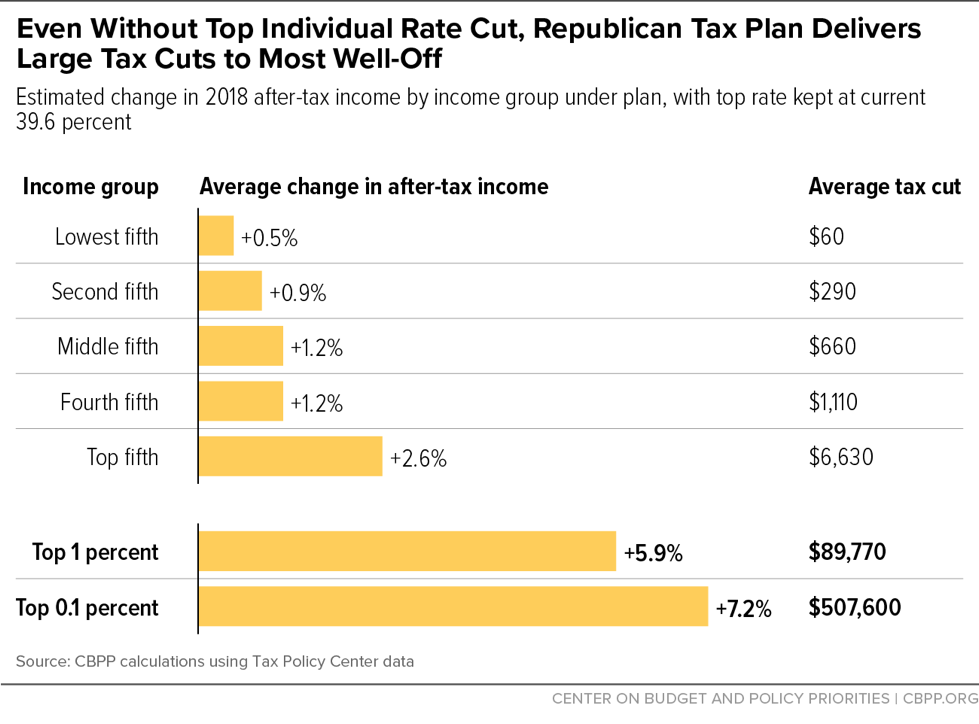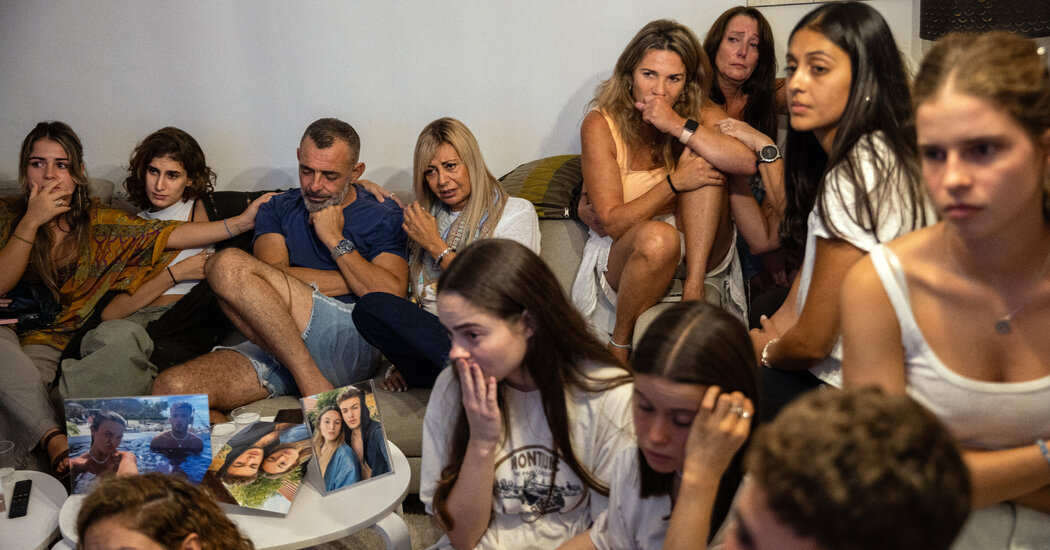The Impact Of Location On Sentencing: Tory Lanez And The Chicago Vs. California Comparison

Table of Contents
The Tory Lanez Case: A Point of Comparison
Tory Lanez was convicted in California on three felony charges stemming from a 2020 shooting incident involving Megan Thee Stallion: assault with a semiautomatic firearm, carrying a loaded, unregistered firearm in a vehicle, and discharging a firearm with gross negligence. The sentencing reflected the severity of these charges, resulting in a 10-year prison sentence.
- Specific charges: Assault with a semiautomatic firearm, carrying a loaded, unregistered firearm in a vehicle, discharging a firearm with gross negligence.
- Sentence details: 10 years in prison, plus potential parole considerations.
- Public reaction: The case garnered significant media attention, sparking intense public debate about the verdict and its implications.
- Legal arguments used in defense: The defense argued for a lesser sentence, citing mitigating circumstances and questioning the prosecution's evidence. However, these arguments were ultimately unsuccessful.
- Severity of the sentence: The sentence is considered severe, especially given the varying sentences for similar crimes in other jurisdictions, underscoring the issue of sentencing disparity. The California Penal Code sections relevant to the charges played a significant role in determining the length of the sentence.
The California criminal justice system, with its specific laws and precedents related to gun violence, significantly influenced the outcome. The specific laws and precedents directly applied to the charges brought against Lanez contributed to the comparatively harsh sentence.
Hypothetical Scenario: The Same Crime in Chicago
Let's hypothesize that Tory Lanez faced the same charges in Chicago, Illinois. The outcome could differ significantly.
- Differences in Chicago’s legal system: Illinois law, while addressing similar offenses, may have different sentencing guidelines and prosecutorial practices than California.
- Relevant state and local laws: The specific statutes concerning assault with a firearm, illegal gun possession, and reckless discharge in Illinois differ from California's.
- Typical sentencing guidelines for similar offenses: Chicago might have lower mandatory minimums or more judicial discretion, leading to a potentially shorter sentence.
- Potential plea bargains: The possibility of a plea bargain in Chicago, offering a reduced sentence in exchange for a guilty plea, might have altered the outcome considerably.
- Factors influencing a judge’s decision in Chicago: Local judicial preferences, caseloads, and the influence of community pressure could all play a role, potentially leading to a less severe punishment.
The potential for a shorter sentence, perhaps including probation or a lesser prison term, highlights the significant geographical variations in sentencing. Chicago criminal justice operates under different precedents and sentencing philosophies than California, leading to potential discrepancies in outcomes for seemingly similar crimes. The influence of local politics and community pressure on sentencing outcomes is also a notable consideration. These factors combined might easily result in a vastly different outcome, illustrating the discrepancies inherent in the American justice system.
Key Differences in Legal Systems and Sentencing Philosophies
California and Chicago's judicial systems differ significantly in their sentencing philosophies.
- Differences in mandatory minimum sentencing laws: California may have stricter mandatory minimum sentencing laws for gun-related offenses than Illinois.
- Judicial discretion: Chicago judges may exercise greater discretion in sentencing than their California counterparts.
- Emphasis on rehabilitation vs. punishment: One jurisdiction may prioritize rehabilitation, while the other focuses more on punishment.
- Influence of public opinion on judicial decisions: While ideally judges should remain impartial, the influence of public opinion and media coverage on sentencing can vary between jurisdictions.
These differences directly impact the final sentencing outcome. The differing philosophies regarding rehabilitation vs. punishment and the level of judicial discretion allowed can account for substantial differences in sentences for comparable crimes, furthering the need for reform to reduce sentencing disparities.
Factors Contributing to Sentencing Disparity
The variations in sentencing between jurisdictions like California and Chicago highlight broader issues within the American criminal justice system.
- Resource disparities between jurisdictions: Funding and resources for legal aid, prosecution, and corrections vary widely across states and localities, impacting the quality of representation and the fairness of outcomes.
- Differences in prosecutorial practices: Prosecutorial discretion—the power to charge and plea bargain—can lead to inconsistency in sentencing due to differing priorities and strategies between jurisdictions.
- Access to legal representation: Access to quality legal counsel is crucial, yet disparities exist. Those with fewer resources may receive less effective representation.
- Influence of public pressure and media coverage: Public opinion and media attention can exert significant, albeit often uneven, influence on judicial decisions across different regions.
These factors contribute to inconsistencies and raise questions about the fairness and equity of the system. Addressing sentencing disparities requires a comprehensive approach that tackles these systemic issues and improves access to justice for all.
Conclusion
The Tory Lanez case starkly illustrates how location profoundly impacts sentencing outcomes. The differences between the potential sentences in California and Chicago, due to variations in legal systems, philosophies, and resource allocation, reveal significant location-based disparities in the American criminal justice system. Understanding these geographical variations in sentencing is vital for analyzing cases like Tory Lanez's and for promoting fairer and more consistent justice. The need for sentencing reform is clear. The Tory Lanez case powerfully illustrates the need for reform in addressing location-based sentencing disparities. Learn more about the movement for fair sentencing and contribute to the conversation for consistent justice across jurisdictions.

Featured Posts
-
 Atalanta Y Venezia Partido Sin Goles Empate En El Marcador
May 13, 2025
Atalanta Y Venezia Partido Sin Goles Empate En El Marcador
May 13, 2025 -
 Dooms Dark Ages Release Date Trailers And Game Details
May 13, 2025
Dooms Dark Ages Release Date Trailers And Game Details
May 13, 2025 -
 Eva Longorias Stunning Leopard Print Bikini A Closer Look
May 13, 2025
Eva Longorias Stunning Leopard Print Bikini A Closer Look
May 13, 2025 -
 Trump Tax Cuts Key Provisions Of The House Gop Plan
May 13, 2025
Trump Tax Cuts Key Provisions Of The House Gop Plan
May 13, 2025 -
 The Gaza Hostage Crisis A Lingering Nightmare For Families
May 13, 2025
The Gaza Hostage Crisis A Lingering Nightmare For Families
May 13, 2025
